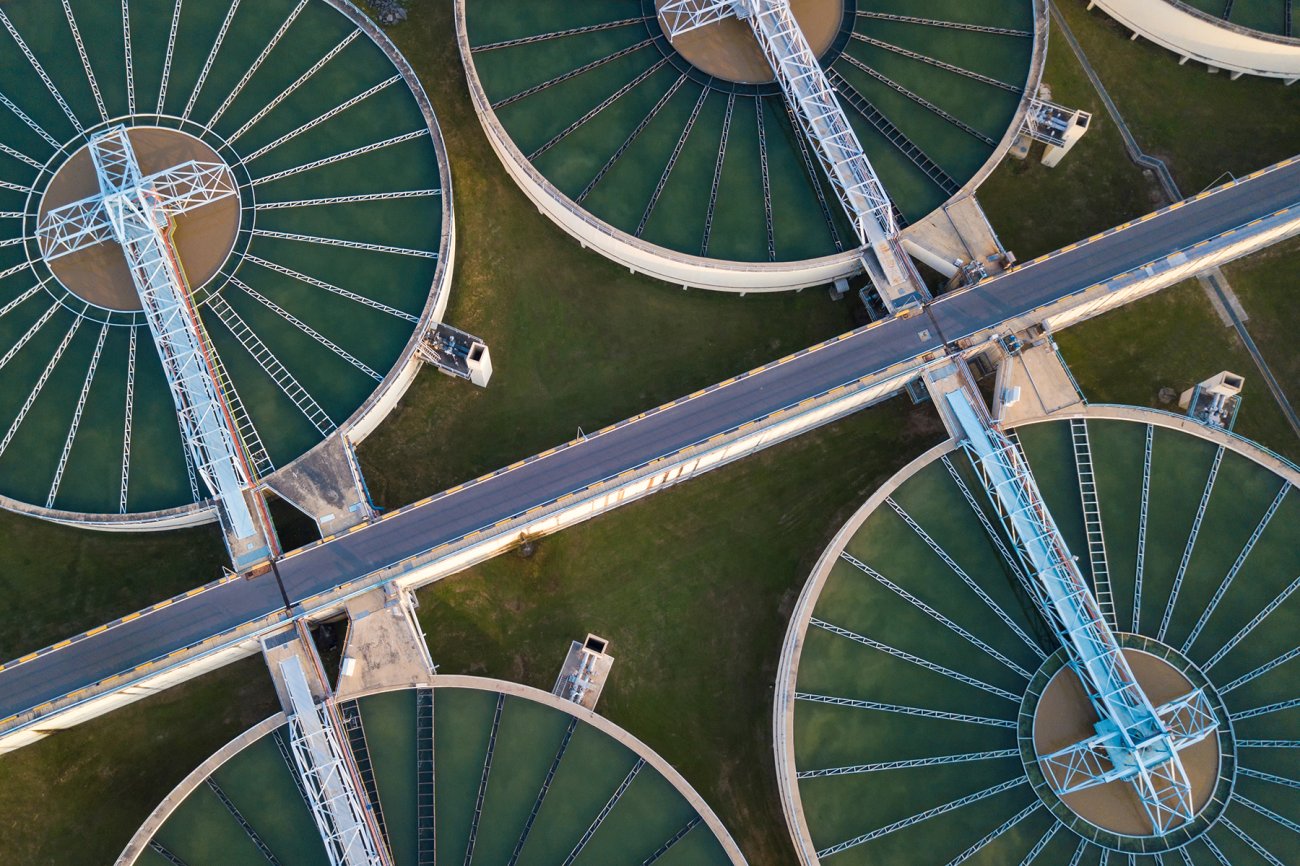Some Known Questions About Reclaim Waste.
Some Known Questions About Reclaim Waste.
Blog Article
Some Known Incorrect Statements About Reclaim Waste
Table of ContentsThe 25-Second Trick For Reclaim WasteRumored Buzz on Reclaim WasteThe Only Guide for Reclaim WasteThings about Reclaim WasteEverything about Reclaim WasteThe Only Guide to Reclaim Waste

Never put hazardous materials down sinks, toilets or stormwater drains pipes Substances consisting of gas, oil, oil, chemicals and herbicides, and solvents such as paint pole dancers ought to not be poured down sinks, bathrooms or stormwater drains pipes. These substances are tough to remove in the sewer treatment process and create pollution problems in our neighborhood rivers.

Liquid waste is a term that covers a broad range of products, there's an excellent reason why leaving its disposal to the specialists is recommended. Liquid waste is non-solid product that has no more usage and should be treated and dealt with according to regional, state and government regulations.
Little Known Questions About Reclaim Waste.
Although examples of liquid waste can include wastewater, fats, oils or grease, made use of oil, fluids, solids, gases or sludges and dangerous home fluids, there are some that are thought about to be extra unsafe than others when it comes to the environment and the health of animals and humans alike. It's therefore that each state and territory have rigorous guidelines linked to fluid waste administration.
Liquid waste can be saved in holding storage tanks or packaged in drums, intermediate mass containers or authorized tiny containers prior to either being treated or eliminated by means of outsourced vacuum vehicles. Given the nature of the products, liquid waste can not go in the basic waste stream and there are strict regulations on just how to dispose of it appropriately.
(https://www.callupcontact.com/b/businessprofile/Reclaim_Waste/9368278)Depending on a decision of the degree of danger, it may be necessary to remediate those websites. Additionally, hazardous fluid chemical wastes are controlled waste and has to be tracked according to the state waste legislation. Under the chain of safekeeping and responsibilities, proprietors are responsible and accountable for waste generated by a business.
Among the core applications for superabsorbent polymers (SAPs) is liquid waste solidification. industrial wastewater treatment. SAPs are used by waste management professionals to avoid potentially harmful liquids from getting in rivers, groundwater aquifers, and various other delicate environments. Due to the fact that liquids can rapidly transfer contaminants into environmental receptors and possibly add to geotechnical failures, fluid wastes are almost always banned from disposal in landfills
Reclaim Waste Things To Know Before You Buy
Basically, totally free liquids are liquids that separate from the solid portion of waste material. Fluid waste can consist of the following: HDD mud and cuttings Land fill leachate Wastewater therapy sludge & biosolids Dug up sediments Oil and gas drill cuttings Settling fish pond filth Hydro Excavation slurry Coal burning residuals/ash Container bottom sludge Concrete grinding/polishing slurry Associated Article: For a functional example of cost-free liquids separating from waste material, consider the following scenario: A waste administration specialist tons a dump truck with sludge from a wastewater treatment plant's aeration basin, during a regular upkeep event.
When the motorist arrives at the landfill, he notices water seeping from the sludge and putting from the dump truck. The load was declined by the landfill and the driver was compelled to deal with the waste as a fluid waste at a special facility, which increased the disposal fees enormously.
We likewise need to be liable for the correct disposal of our waste materials. It is not sufficient that we pay waste disposal companies to take treatment of our rubbish.
All About Reclaim Waste

Segregating your waste can start inside the home. Set apart completely dry and liquid waste as well as edible waste, naturally degradable and non-biodegradable products.
You can utilize old trash can, pail, yard pot or old plastic drums. Drill 4 to five openings in the container so the air can flow. Layer all-time low with dirt to take in the wet waste. Beginning the composting process. Layer the garden compost with wet and dry waste in addition to dirt to maintain a balance between the wet and the dry.
The Buzz on Reclaim Waste
Cover the compost container. When a week, add dirt on top of the garden compost. To facilitate faster decomposition, you can additionally have a peek at this site include semi composted dirt to the garden compost. Keep the compost. If you discover the smell is coming to be as well strong, add added papers and paper waste or add more openings to the garden compost bin to maintain the balance of the waste materials.
We likewise require to be accountable for the correct disposal of our waste products. It is not enough that we pay waste disposal business to take treatment of our rubbish.
Our waste, our responsibility. Have you ever questioned what happens to your liquid waste after it's gathered? Did you know that fluid waste can be reused?
Our Reclaim Waste Statements
Segregating your waste can begin inside the home. Set apart completely dry and fluid waste as well as edible waste, biodegradable and non-biodegradable materials.
Layer the bottom with dirt to soak up the wet waste - industrial wastewater treatment. Layer the compost with wet and dry waste as well as dirt to keep an equilibrium between the damp and the completely dry.
Cover the garden compost bin. Once a week, include soil on top of the garden compost. To promote faster disintegration, you can additionally include semi composted soil to the compost. Keep the garden compost. If you observe the scent is coming to be as well strong, include additional papers and paper waste or include more openings to the compost bin to keep the equilibrium of the waste products.
Report this page